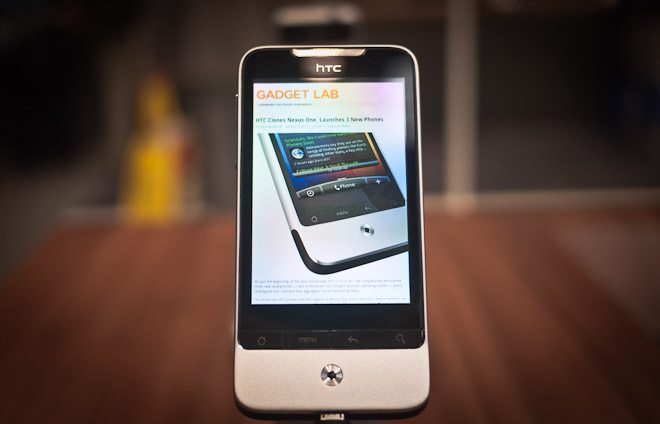In a landmark study published this week, researchers have identified that top Android phones made by Chinese companies are riddled with malware, spyware, and other malicious software. The findings are of particular concern as these phones are popular choices of users worldwide.
The research, commissioned by the Institute for National Security Studies (INSS) at Tel Aviv University, looked at 10 of the top Android phones from China in the market. It identified 21 types of malicious software, some of which had the capabilities to steal information from the device.
One of the main issues was found to be pre-installed “junkware”. This is software that users do not want or need but which comes with their device. It has been argued that a large majority of the users are unaware of these pre-installed programs.
To make matters worse, the junkware that the researchers found contained spyware and malware. The latter is capable of secretly accessing user data and software while the former can monitor users’ activities on the device and record their locations, searches and what applications they are using.
The researchers argued that these malicious pieces of software pose a potential privacy risk to users of these Android devices, as they can be used by rogue actors to access sensitive information.
Given this finding, it is important that users are aware of the potential security risks of their devices. They should always make sure to read the EULA before installing a new application and to be wary of suspicious third-party software sources. Additionally, users should periodically check their security settings and update their devices in a timely fashion to ensure their data remains secure.
Ultimately, with the prevalence of these phones in the world today, it is critical that users understand the potential malicious software that these devices can contain. This study has shown that top Android phones from China may not be as safe as many users think and that measures should be taken to protect user data.
Hey Subscribe to our newsletter for more articles like this directly to your email.
